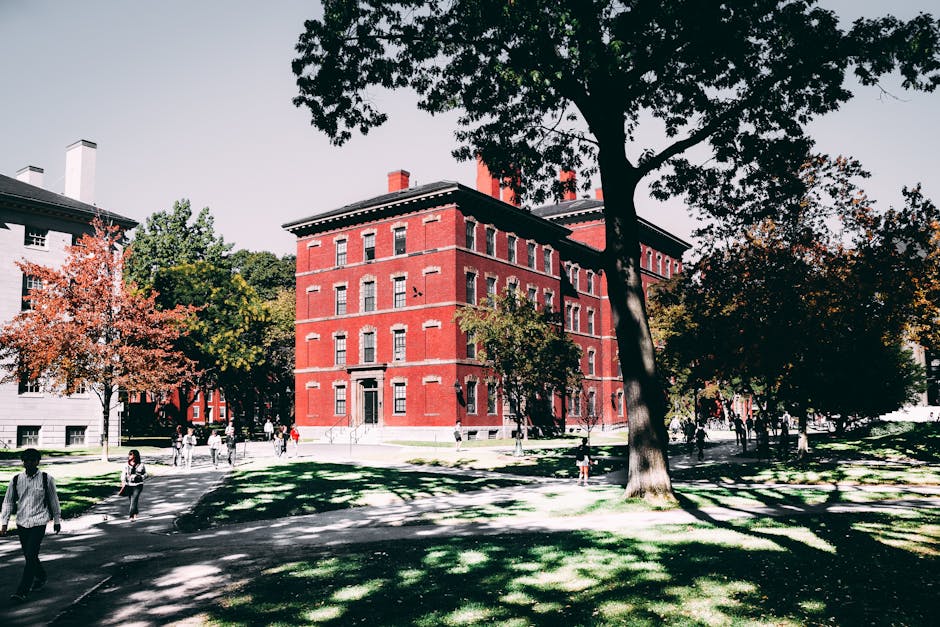Cambridge University: A Deep Dive into History, Academics, and Global Influence
Cambridge University, a collegiate public research university in Cambridge, England, stands as one of the world’s oldest and most prestigious institutions of higher learning. Its history, spanning centuries, is interwoven with the fabric of British and global intellectual history, shaping countless fields of study and producing generations of influential thinkers, leaders, and innovators. This comprehensive exploration delves into the rich tapestry of Cambridge, examining its esteemed colleges, groundbreaking research, global impact, and enduring legacy.
A Storied History: From Medieval Origins to Modern Excellence
Established in 1209, Cambridge’s origins trace back to a migration of scholars from Oxford, seeking refuge from conflict. This event laid the foundation for a university built on intellectual curiosity and academic rigor. Initially structured around a collection of independent colleges, each with its own unique character and traditions, Cambridge gradually evolved into the collegiate system we recognize today. The centuries that followed witnessed the establishment of renowned colleges like Trinity College, St. John’s College, King’s College, and many others, each contributing to Cambridge’s intellectual and architectural landscape.
The university’s history is punctuated by periods of both significant growth and challenges. It played a crucial role in shaping the intellectual currents of the Renaissance, the Enlightenment, and beyond. Notable figures like Isaac Newton, Charles Darwin, and Lord Byron, to name but a few, walked the hallowed grounds of Cambridge, contributing to its illustrious reputation and advancing human knowledge in countless ways. The university’s involvement in scientific breakthroughs, literary advancements, and philosophical debates has indelibly shaped the course of human history.
Key Historical Milestones:
- 1209: Founding of the university.
- 13th-15th centuries: Establishment of key colleges and growth of academic disciplines.
- 16th-18th centuries: The Renaissance and Enlightenment influence Cambridge, producing groundbreaking scientific discoveries and philosophical works.
- 19th-20th centuries: Modernization, expansion, and the rise of Cambridge as a global leader in research and education.
- 21st century: Continued focus on interdisciplinary research, global collaborations, and technological advancements.
Academic Excellence: A Global Leader in Research and Education
Cambridge University maintains a consistently high ranking among global universities, renowned for its rigorous academic standards, world-class faculty, and cutting-edge research facilities. Its diverse range of undergraduate and postgraduate programs attracts students from across the globe, fostering a vibrant and intellectually stimulating learning environment. The university’s commitment to research is evident in its substantial research funding, numerous publications in leading academic journals, and ongoing contributions to various fields of study.

Key Academic Strengths:
- Science and Technology: Cambridge is a powerhouse in areas such as physics, engineering, biotechnology, and computer science.
- Humanities: Its departments of history, literature, philosophy, and languages are globally recognized for their scholarly excellence.
- Social Sciences: Cambridge excels in economics, political science, sociology, and psychology.
- Medicine: Cambridge’s medical school is one of the leading medical research and training institutions globally.
- Arts and Architecture: The university is home to renowned departments of architecture, music, and visual arts.
Global Impact: Shaping the World Through Research and Innovation
The impact of Cambridge University extends far beyond its campus walls. Its alumni network encompasses numerous world leaders, Nobel laureates, and influential figures across various sectors. Cambridge’s research continues to shape global advancements in science, technology, medicine, and policy. The university fosters collaborations with institutions worldwide, contributing to global challenges and fostering international understanding.
Cambridge’s research has direct implications for addressing global challenges, including climate change, infectious diseases, and economic inequality. Its contributions to sustainable development, technological innovation, and public policy inform global discussions and inspire solutions to pressing issues. The university’s commitment to ethical and responsible research ensures that its impact serves the greater good.

Examples of Global Impact:
- Development of life-saving vaccines and treatments.
- Advancements in renewable energy technologies.
- Contributions to climate change modeling and mitigation strategies.
- Influential research shaping economic and social policy.
- Global leadership in various academic fields.
The Cambridge Experience: Life as a Student and Beyond
Studying at Cambridge is a unique and transformative experience. The collegiate system provides a supportive and close-knit environment, allowing students to engage in both academic and social activities within their respective colleges. This fosters a sense of belonging and community that enhances the overall student experience. The university’s vibrant cultural scene, including renowned museums, theaters, and musical performances, contributes to a stimulating and enriching environment for students.
Beyond academics, Cambridge offers a diverse range of extracurricular activities, societies, and clubs catering to various interests. These activities provide students with opportunities to develop their skills, build networks, and create lifelong friendships. The university’s strong emphasis on personal development and holistic learning equips students with the skills and knowledge needed to thrive in their chosen careers and contribute to society.
Cambridge alumni form a global network of influential individuals, providing valuable connections and opportunities throughout their professional lives. The university’s reputation as a world-leading institution of higher learning opens doors to numerous career paths and ensures that its graduates are highly sought after in diverse fields.
Conclusion: A Legacy of Excellence and Innovation
Cambridge University’s enduring legacy is one of academic excellence, groundbreaking research, and global impact. From its medieval origins to its current status as a world-leading university, Cambridge continues to shape the future through its commitment to education, innovation, and societal progress. Its rich history, esteemed faculty, and vibrant student body ensure that Cambridge will remain a beacon of knowledge and intellectual pursuit for generations to come.


